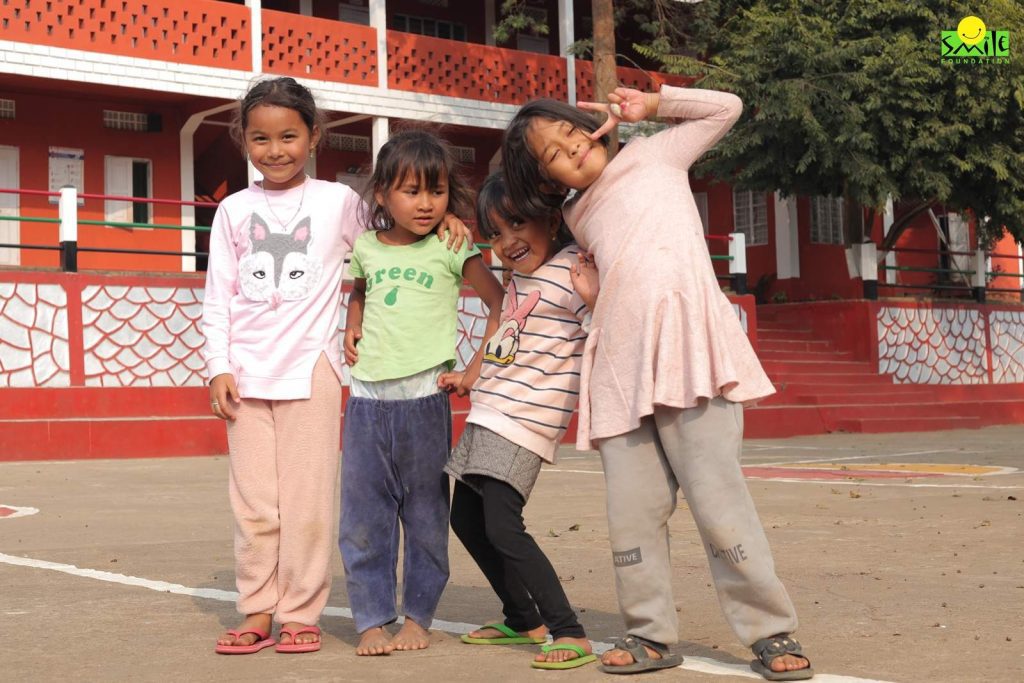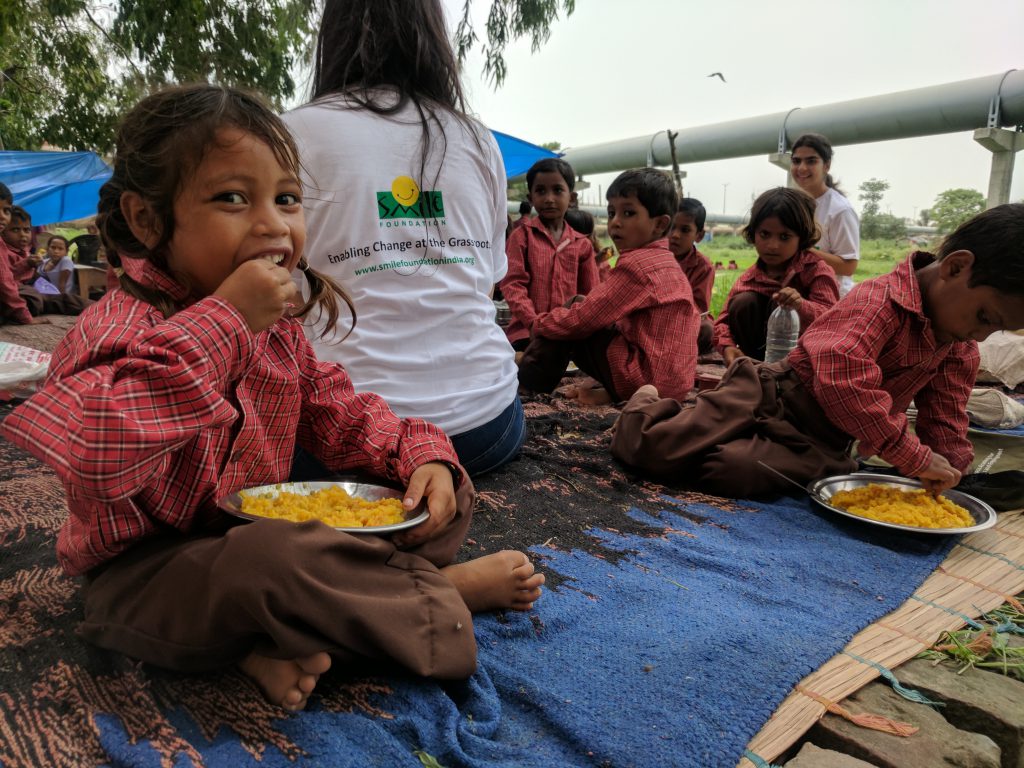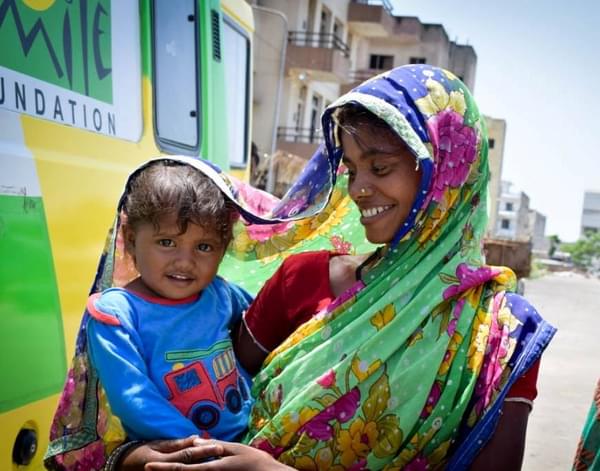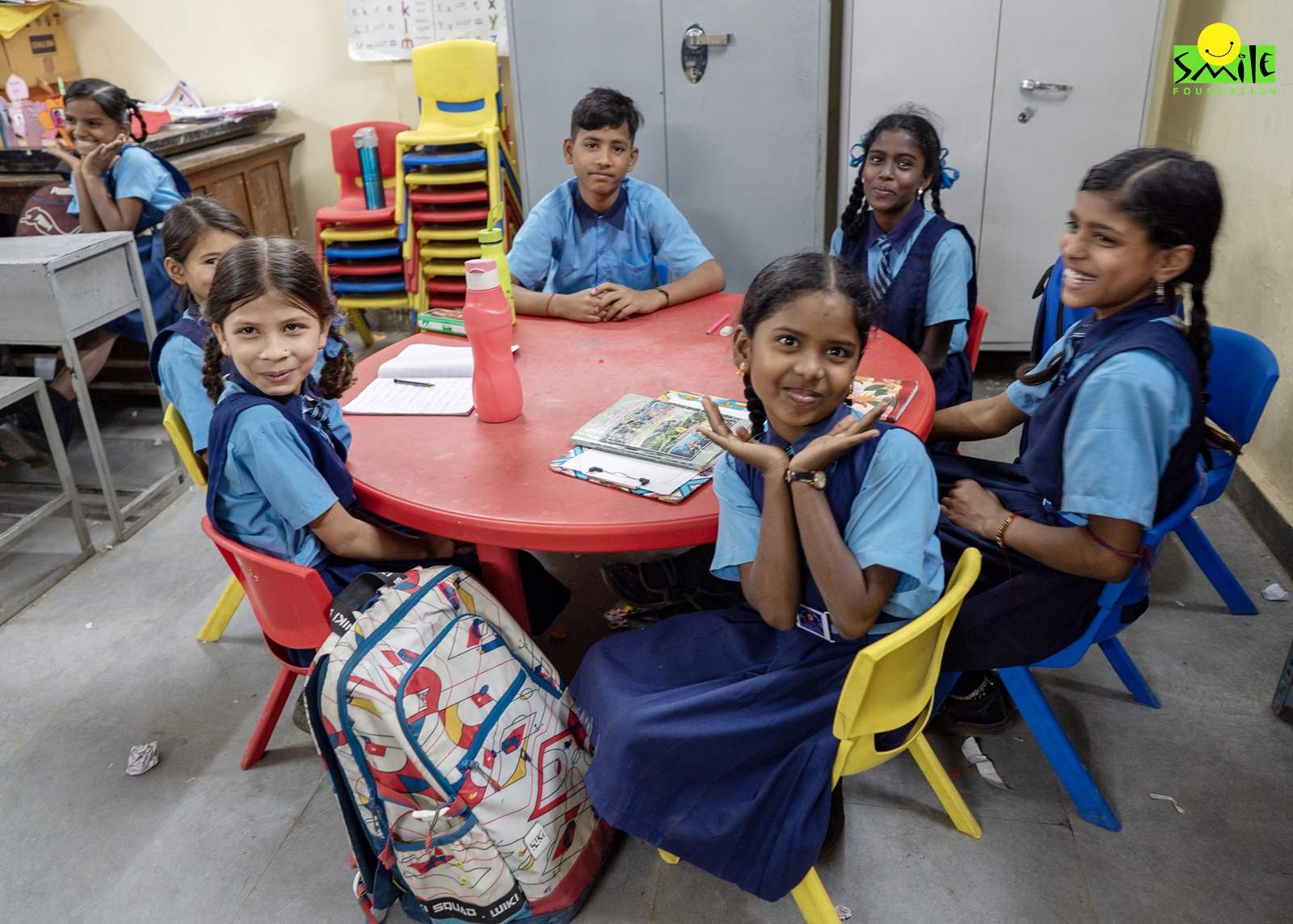Donations are the backbone of most charitable organisations around the world, including India, where they play an important role in transforming lives and uplifting communities. From providing essential services to the underserved to supporting educational initiatives and healthcare programmes, donations have a profound impact on individuals and society as a whole.
In India, donations come in various forms, including monetary contributions, in-kind donations, and volunteer efforts. These donations are channeled into diverse projects aimed at addressing the country’s most pressing issues, such as poverty alleviation, healthcare access, education for the underserved, environmental conservation, and disaster relief.
One of the most significant ways donations change lives in India is through educational initiatives. Many charitable organisations focus on providing quality education to children from marginalised communities who lack access to schooling due to financial constraints or social barriers. Donations fund the construction of schools, provision of educational materials, training of teachers, and scholarships for deserving students. By investing in education, donors empower individuals to break the cycle of poverty, gain employment opportunities, and contribute positively to society.
Healthcare is another critical area where donations make a tangible difference in India. Charitable hospitals, clinics, and healthcare programmes rely on donations to offer medical services to those who cannot afford private healthcare. Donations fund medical equipment, supplies, infrastructure development, and outreach programnes aimed at promoting preventive healthcare and raising awareness about prevalent health issues. Additionally, donations support medical research and innovation, leading to advancements in treatment options and disease management.
Donations also play a vital role in providing humanitarian assistance during natural disasters and emergencies. When calamities strike, such as floods, earthquakes, or pandemics, donations pour in from individuals, corporations, and international aid organisations to support relief efforts. These funds are used to provide emergency shelter, food, clean water, medical aid, and other essential supplies to affected communities, helping them recover and rebuild their lives in the aftermath of devastation.
Furthermore, donations contribute to environmental conservation efforts in India, where issues like deforestation, pollution, and climate change pose significant challenges. Charitable organisations engage in tree planting drives, wildlife conservation projects, sustainable agriculture initiatives, and advocacy campaigns to protect the environment and preserve natural resources for future generations. Donations support research, advocacy, and community-based conservation programmes aimed at promoting eco-friendly practices and mitigating environmental degradation.
In addition to addressing immediate needs, donations also foster long-term sustainability and empowerment by supporting livelihood enhancement programmes, skill development initiatives, and women empowerment projects. By investing in vocational training, entrepreneurship development, and microfinance programmes, donors enable individuals to acquire skills, generate income, and become self-reliant, thereby breaking the cycle of poverty and creating opportunities for economic growth and social advancement.
One notable example of how donations change lives in India is through the work of organisations like Smile Foundation. Through their various programmes and initiatives, such as Swabhiman, Smile Foundation empowers women and girls by providing menstrual hygiene education, access to sanitary products, and promoting the use of menstrual cups as a sustainable and cost-effective solution to period poverty. By raising awareness and changing attitudes towards menstrual health, Smile Foundation is not only addressing a pressing social issue but also empowering women and girls to lead healthier and more dignified lives.
In conclusion, donations have the power to change lives in profound ways, whether by providing education, healthcare, humanitarian aid, environmental conservation, or livelihood support. In India, where millions struggle with poverty, inequality, and social injustice, donations play a vital role in driving positive change and creating a brighter future for all. Through collective efforts and generous contributions, donors can make a lasting impact and transform the lives of countless individuals and communities across the country.









